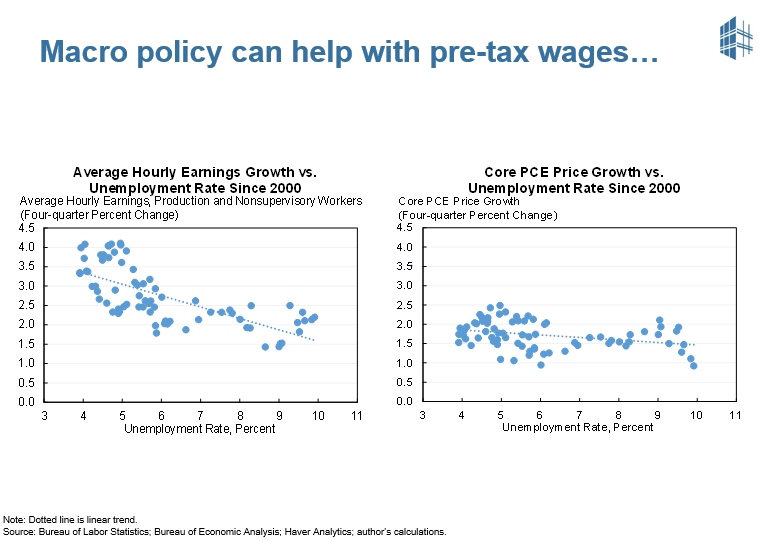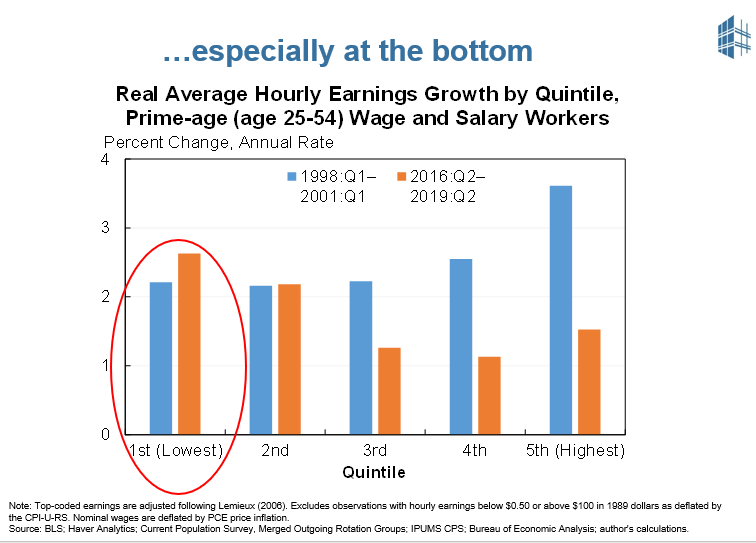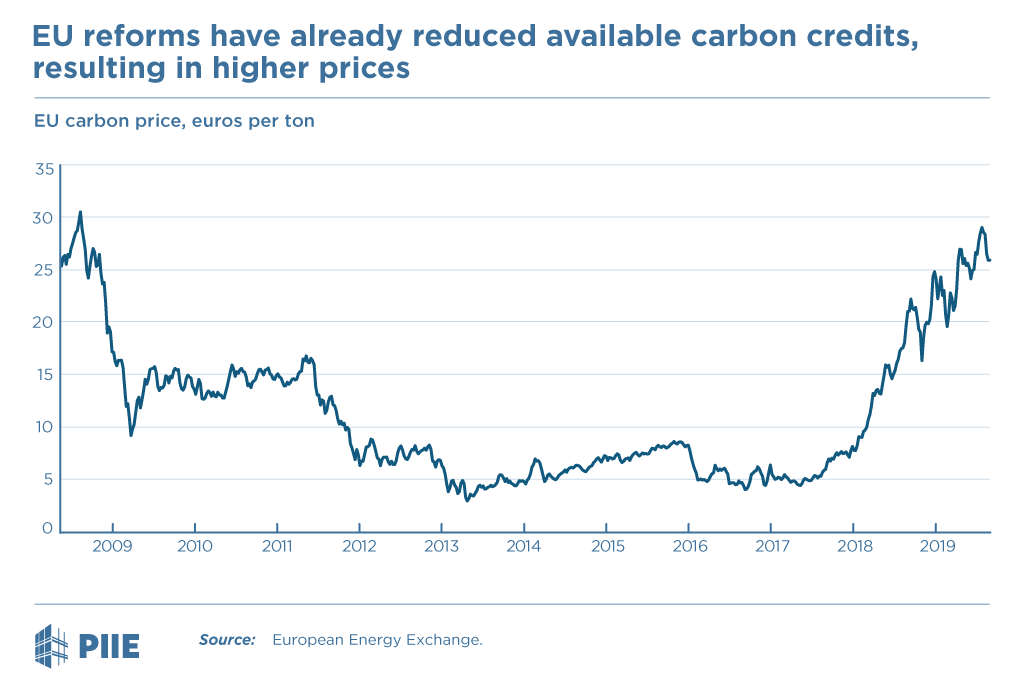
Tariffs are taxes. #VPDebate
Read how Trump's tariffs on steel imports did create 8,700 jobs in the US steel industry.
But, for each new job in the steel industry, steel-using firms will pay an extra $650,000 for each job created.
piie.com/blogs/trade-in…
But, for each new job in the steel industry, steel-using firms will pay an extra $650,000 for each job created.
piie.com/blogs/trade-in…
We have a lot to say about this. Check out all our research on US-China trade policy here: piie.com/research/trade…
• • •
Missing some Tweet in this thread? You can try to
force a refresh







